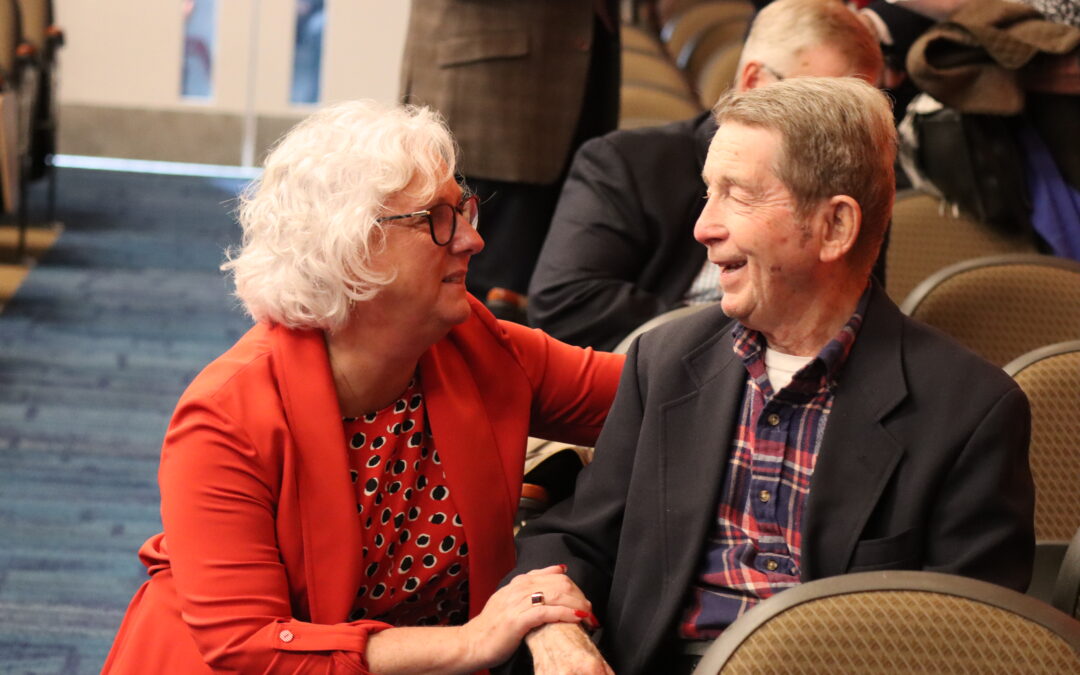Eastern Nazarene College Assistant Professor of Biology, Dr. Robert Logan, recently published an article that details his groundbreaking work on the genetic underpinning of Amyotrophic Lateral Sclerosis (ALS). ALS is a neurodegenerative disease characterized by the rapid loss of motor function. The lifespan prognosis for an ALS patient at the time of diagnosis is only about two to five years. One of the reasons for the remarkably short lifetime prognosis is that by the time a diagnosis is made, the pathology is already significantly underway.
Early genetic testing can be a critical, rapid, and non-invasive means of assessing disease risk. There are familial genetic mutations associated with ALS, such as those found in the SOD1, C9orf72, FUS, and TDP43 genes. However, only about 5% – 10% of the ALS population have familial origins. In contrast, sporadic ALS cases have no known cause and no recognized genetic risk factors. In an effort to advance earlier ALS risk assessment, diagnostics, and therapeutic intervention for the majority of ALS cases, Dr. Logan and his colleagues searched for a sporadic ALS genetic profile.
Dr. Logan led the research team in analyzing Whole Genome Sequencing (WGS) data provided to them by Answer ALS: the largest ALS genetic database in the world. Their efforts resulted in the discovery of 23 genetic variants among 22 genes that are only found in sporadic ALS patients (p-value of 2.2 x 10-16). Furthermore, the function of the identified genes confirms their reasonable involvement in ALS pathology. For example, the gene NDUFSA is similar in function to the established familial ALS gene SOD1, as they both are involved in cellular antioxidant defense mechanisms. Additionally, NDUFSA is primarily expressed in neuron and muscle cells, which are the cell types directly involved in ALS pathology.
“Our findings are statistically powerful and seemingly generalizable. This reassures us that our results are not artifactual. We fully expect these results to be replicated in other ALS cohorts.”, said Dr. Logan. “The most valuable contribution of our work is that the occurrence and combination of these twenty-three ALS specific mutations can serve as a disease classifier for ALS risk before symptom onset.”, explained Dr. Logan. “The development of this asymptomatic genetic-based disease classifier to assess ALS risk is a major step forward in learning how to better diagnose the majority of ALS cases.”, stated Dr. Miller, the senior author on the paper. Dr. Logan and his co-authors also hold a non-provisional international patent on their methodology for detecting ALS risk in an asymptomatic, non-familial population (patent ID: PCT/US2021/071865). To donate any amount to the important work of Dr. Logan and his students, please visit www.theloganlab.com.
Citation: Logan, R., Dubel-Haag, J., Schcolnicov, N., Miller, S.J. Novel genetic signatures associated with sporadic Amyotrophic Lateral Sclerosis. Frontiers in Genetics. March 24, 2022, Volume 13. DOI 10.3389/fgene.2022.851496






